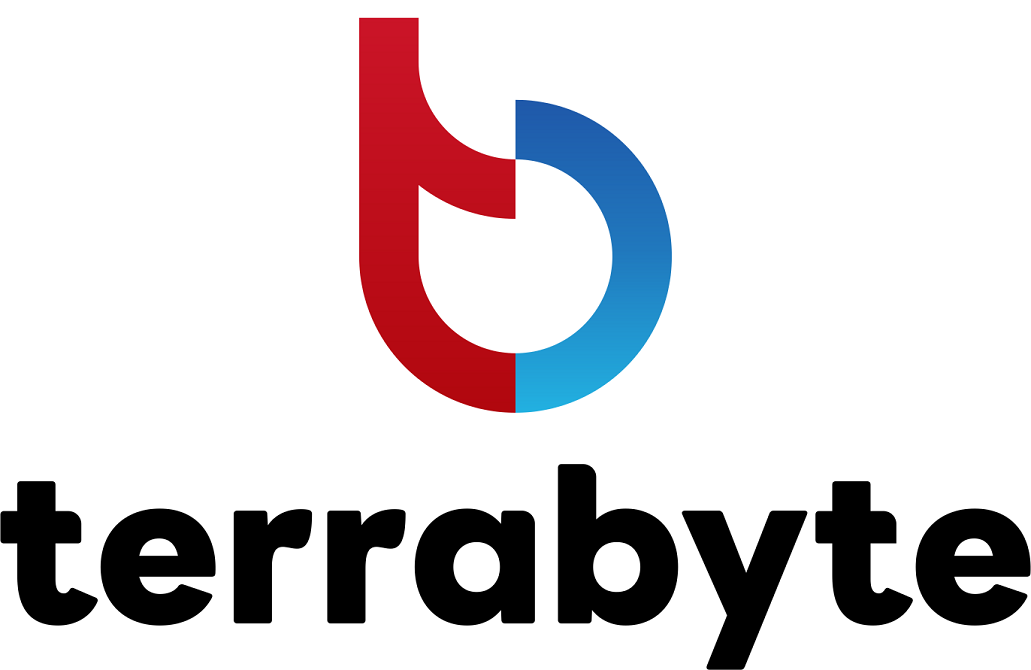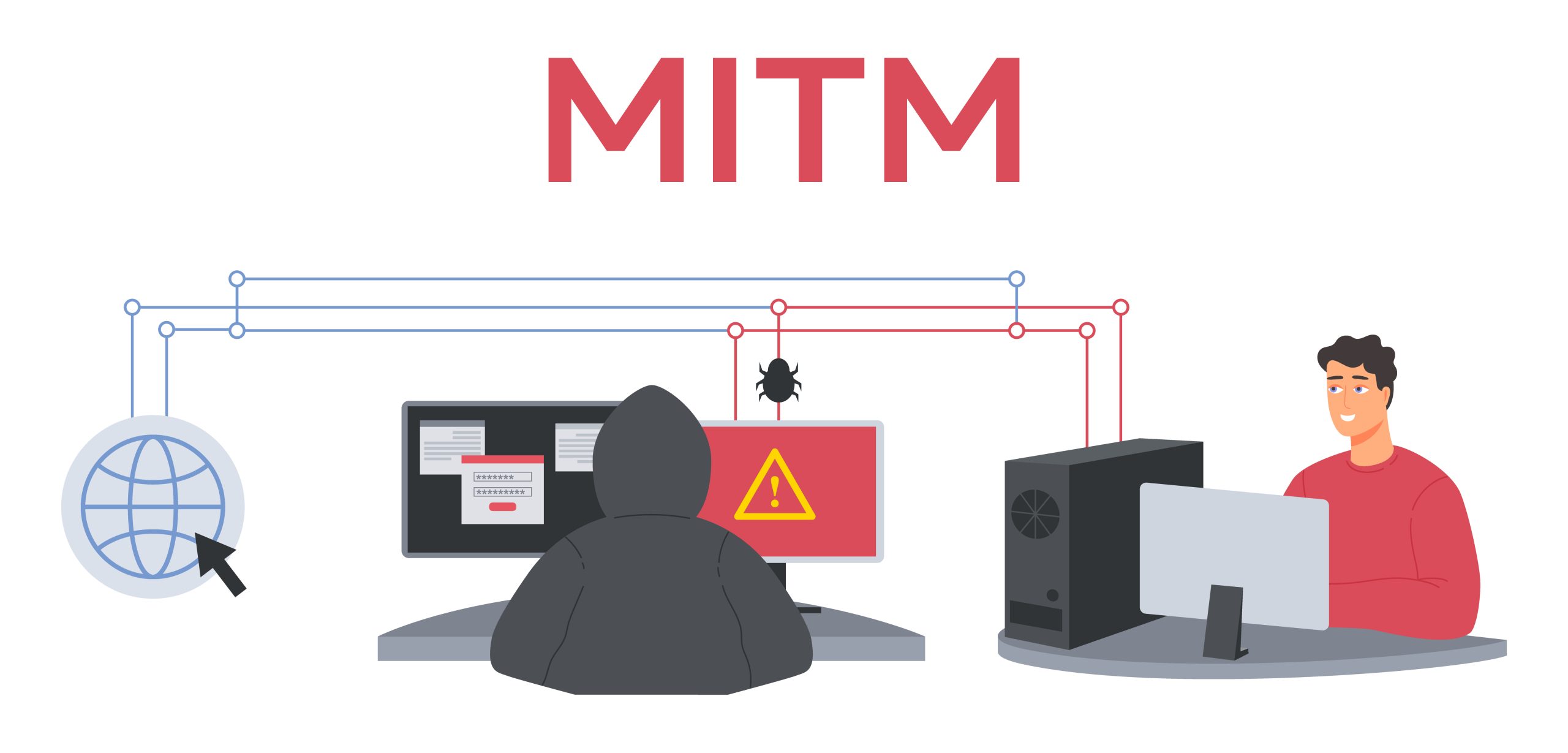In the realm of cybersecurity, Distributed Denial of Service (DDoS) attacks pose a significant threat to online services. One particularly damaging type of DDoS attack is DNS amplification. This attack leverages the Domain Name System (DNS) to overwhelm a target with traffic, disrupting services and potentially causing significant financial and reputational damage. Understanding what DNS amplification is, how it happens, and how to prevent it is crucial for maintaining a secure and resilient online presence.
What is DNS Amplification?
DNS amplification is a type of DDoS attack that exploits the DNS system to magnify the amount of traffic directed at a target. Attackers send DNS queries with a spoofed IP address (the address of the target) to open DNS resolvers. These resolvers then send a much larger response to the target’s IP address, amplifying the volume of traffic and overwhelming the target’s network or server.
How DNS Amplification Happens
DNS amplification attacks typically occur through the following steps:
1. Selection of Open DNS Resolvers: Attackers identify and use open DNS resolvers that will respond to queries from any IP address.
2. Crafting of DNS Queries: The attackers create DNS queries designed to produce large responses. Commonly, they query for DNSSEC (Domain Name System Security Extensions) records, which are significantly larger than standard DNS responses.
3. Spoofing the Source IP: The attackers spoof the IP address of the target as the source of the DNS queries.
4. Sending the Queries: The attackers send the crafted queries to multiple open DNS resolvers.
5. Amplified Response: Each DNS resolver responds to the spoofed IP address with a large DNS response, directing massive amounts of traffic to the target.
The amplification factor in these attacks can be substantial, with small queries generating responses many times larger, resulting in a highly effective attack method.
Real Case Study: The GitHub Attack
In February 2018, GitHub, one of the world’s largest repositories of source code, experienced a massive DDoS attack, including elements of DNS amplification. The attack peaked at 1.35 terabits per second, leveraging Memcached servers but also employing DNS amplification techniques. The sheer volume of traffic overwhelmed GitHub’s servers, causing intermittent outages. GitHub’s quick response, involving traffic rerouting and mitigation strategies by Akamai, managed to restore service within minutes.
This attack highlighted the devastating potential of amplification attacks and the importance of robust DDoS mitigation strategies.
How to Prevent DNS Amplification Attacks
Preventing DNS amplification attacks involves both proactive measures and responsive strategies:
1. Configure DNS Resolvers Securely: Ensure that DNS resolvers are not open to the internet. Use access control lists to restrict who can query the resolvers.
2. Rate Limiting: Implement rate limiting on DNS servers to prevent them from responding to an excessive number of queries from a single source.
3. Use DNS Response Rate Limiting (RRL): This technique helps limit the number of responses to a specific source, mitigating the impact of DNS amplification.
4. Implement Source IP Verification: Network providers can use source IP verification techniques to prevent IP spoofing, which is essential for DNS amplification attacks.
5. Monitor Network Traffic: Continuous monitoring can help detect unusual traffic patterns indicative of an ongoing or impending attack.
Terrabyte: Your Solution to Combat DNS Amplification Attacks
Terrabyte offers a comprehensive suite of cybersecurity services designed to protect your organization from DNS amplification and other DDoS attacks. Our solutions include advanced threat detection, network monitoring, and robust mitigation strategies to ensure your systems remain secure and operational.
Terrabyte’s offerings include:
– Advanced Threat Detection: Real-time monitoring to identify and respond to suspicious activities and potential DDoS attacks.
– DNS Security Configuration: Assistance in securely configuring DNS resolvers to prevent misuse.
– Traffic Analysis and Rate Limiting: Implementing rate limiting and traffic analysis to detect and mitigate amplification attacks.
– Incident Response Planning: Developing and regularly updating incident response plans to ensure quick and effective action when an attack occurs.
– Employee Training Programs: Educating your team on best practices for maintaining DNS security and recognizing potential threats.
By partnering with Terrabyte, you can fortify your defenses against DNS amplification attacks and ensure the integrity and availability of your online services.
Conclusion
DNS amplification attacks represent a significant threat to online services due to their ability to magnify traffic and overwhelm targets. Understanding how these attacks occur and implementing robust preventive measures is essential for any organization. Terrabyte stands ready to provide the necessary tools and expertise to defend against these cyber threats and protect your digital assets.
For more information on how Terrabyte can help secure your organization, click button below




